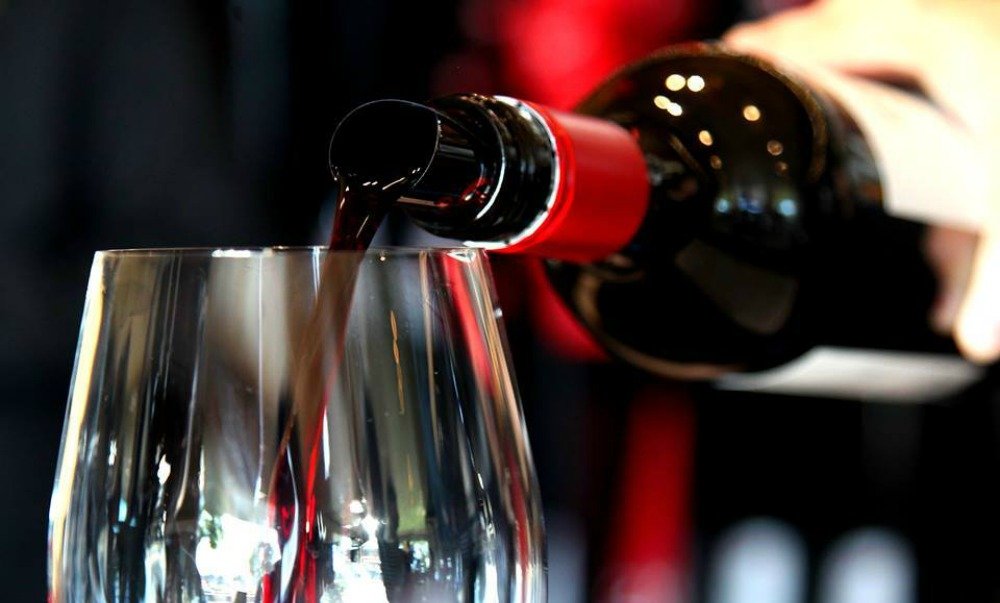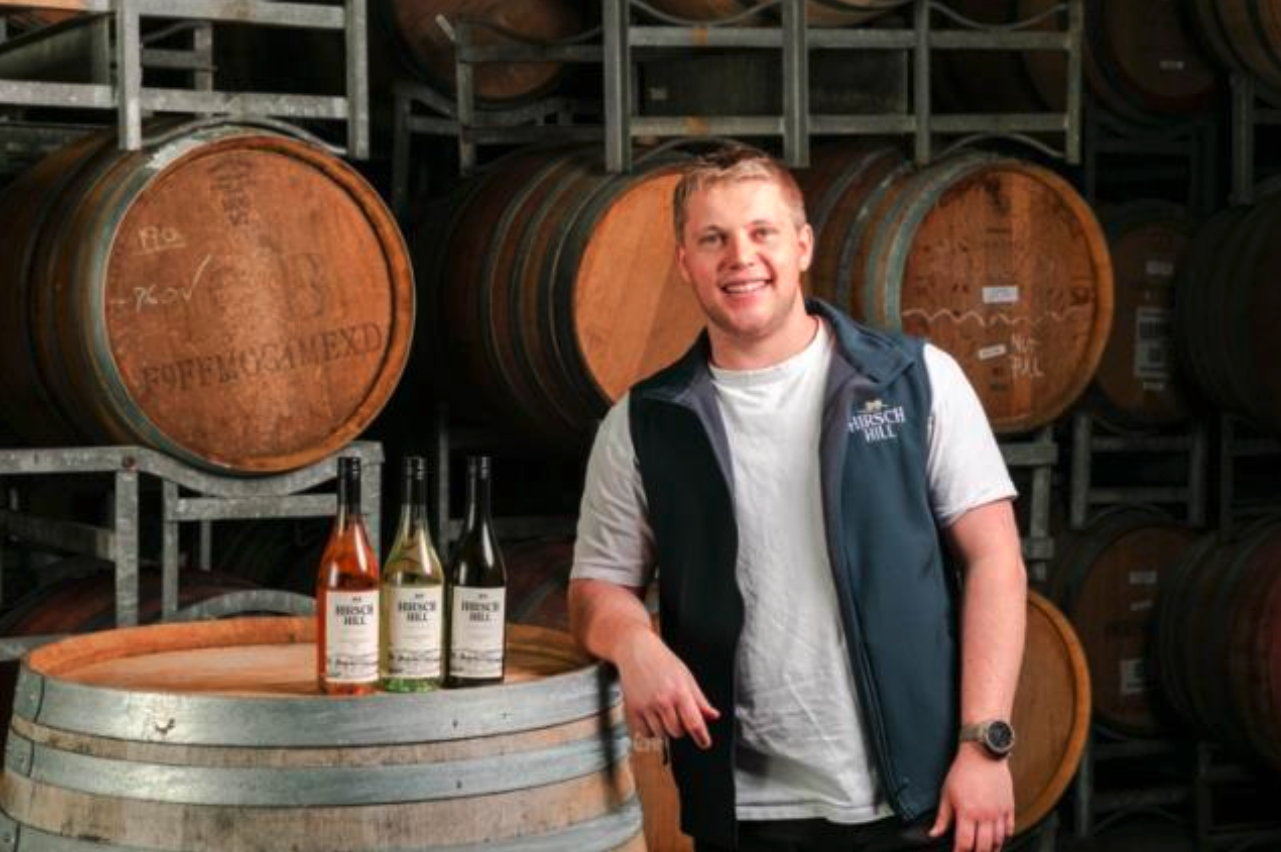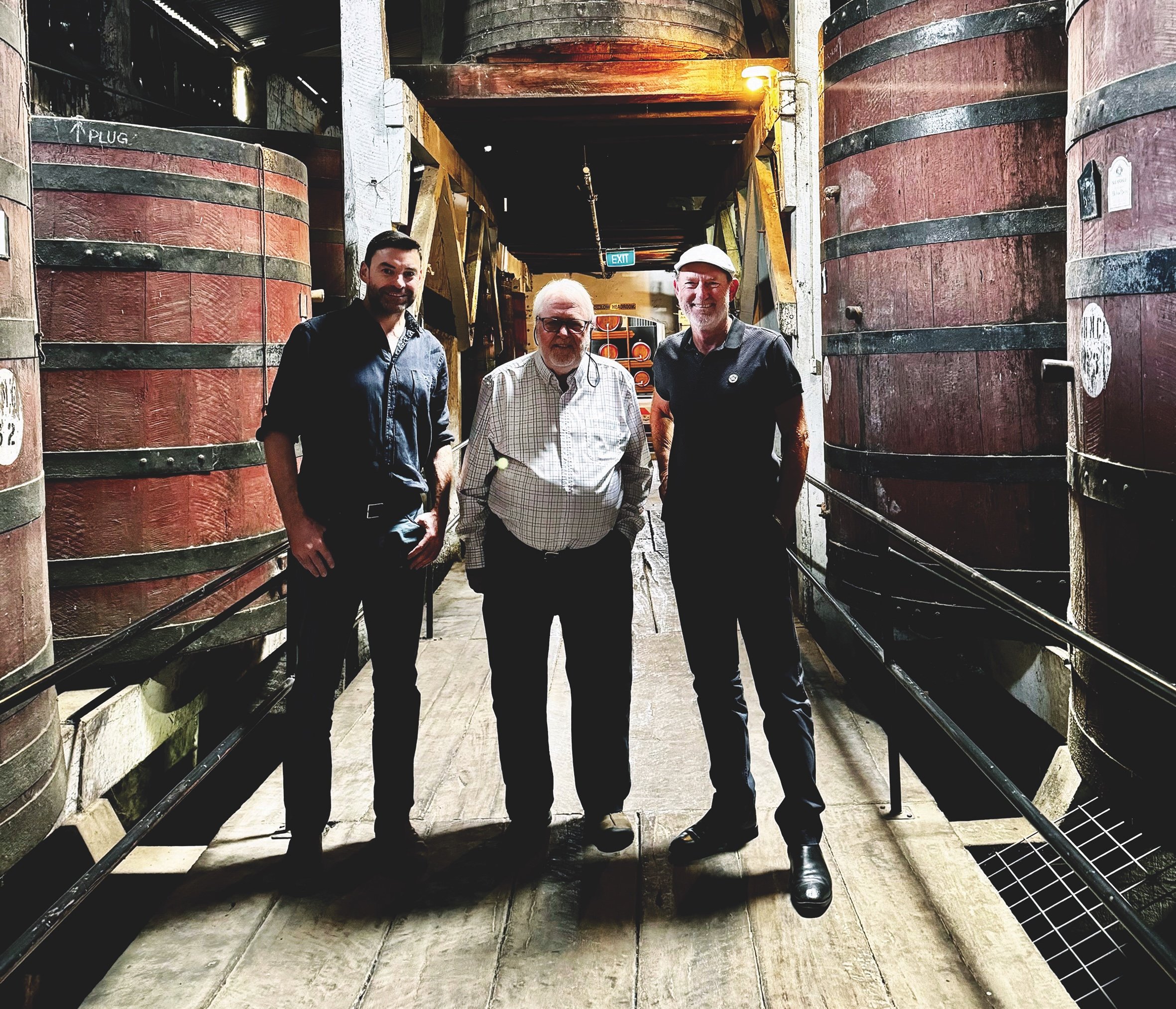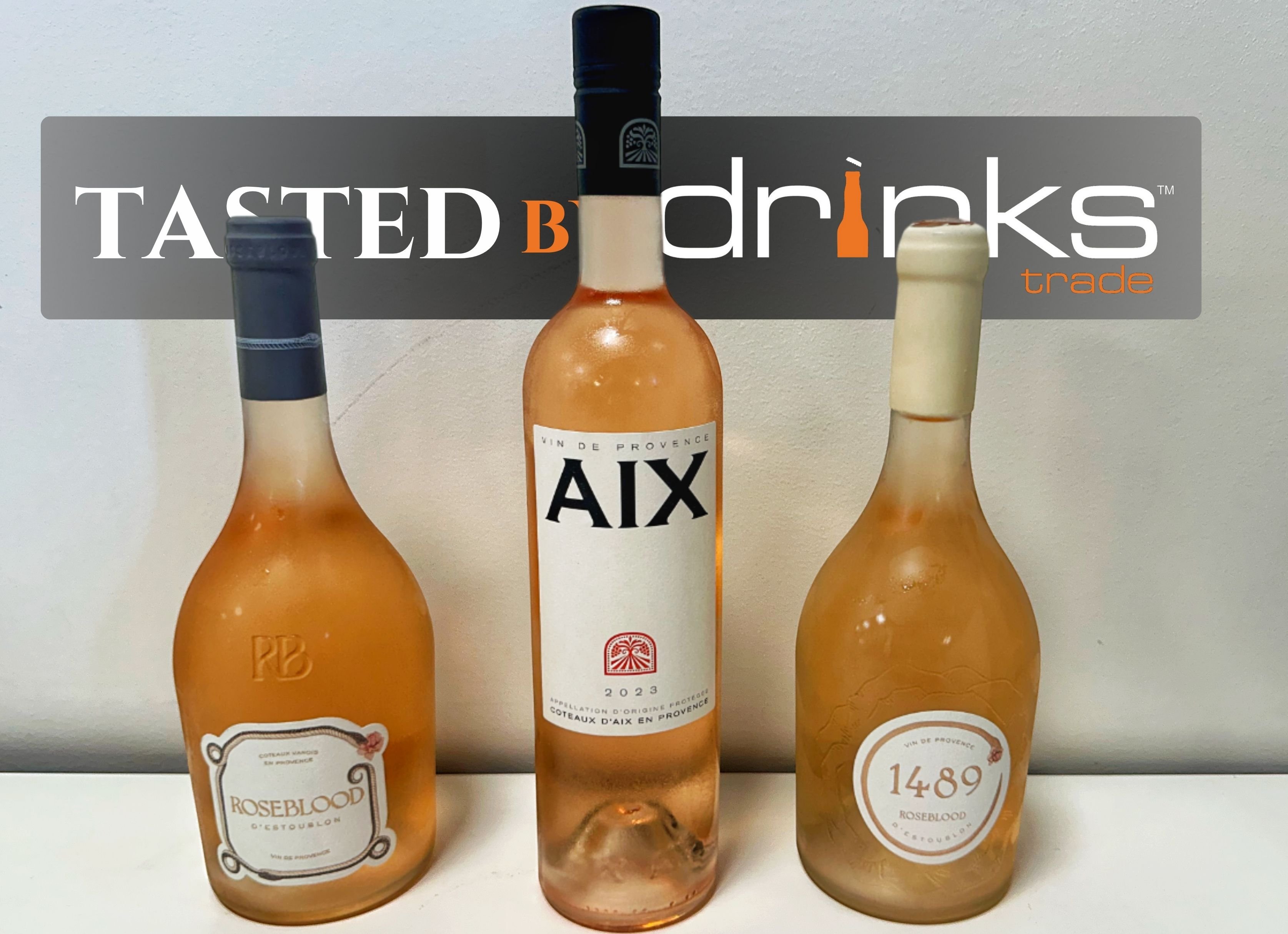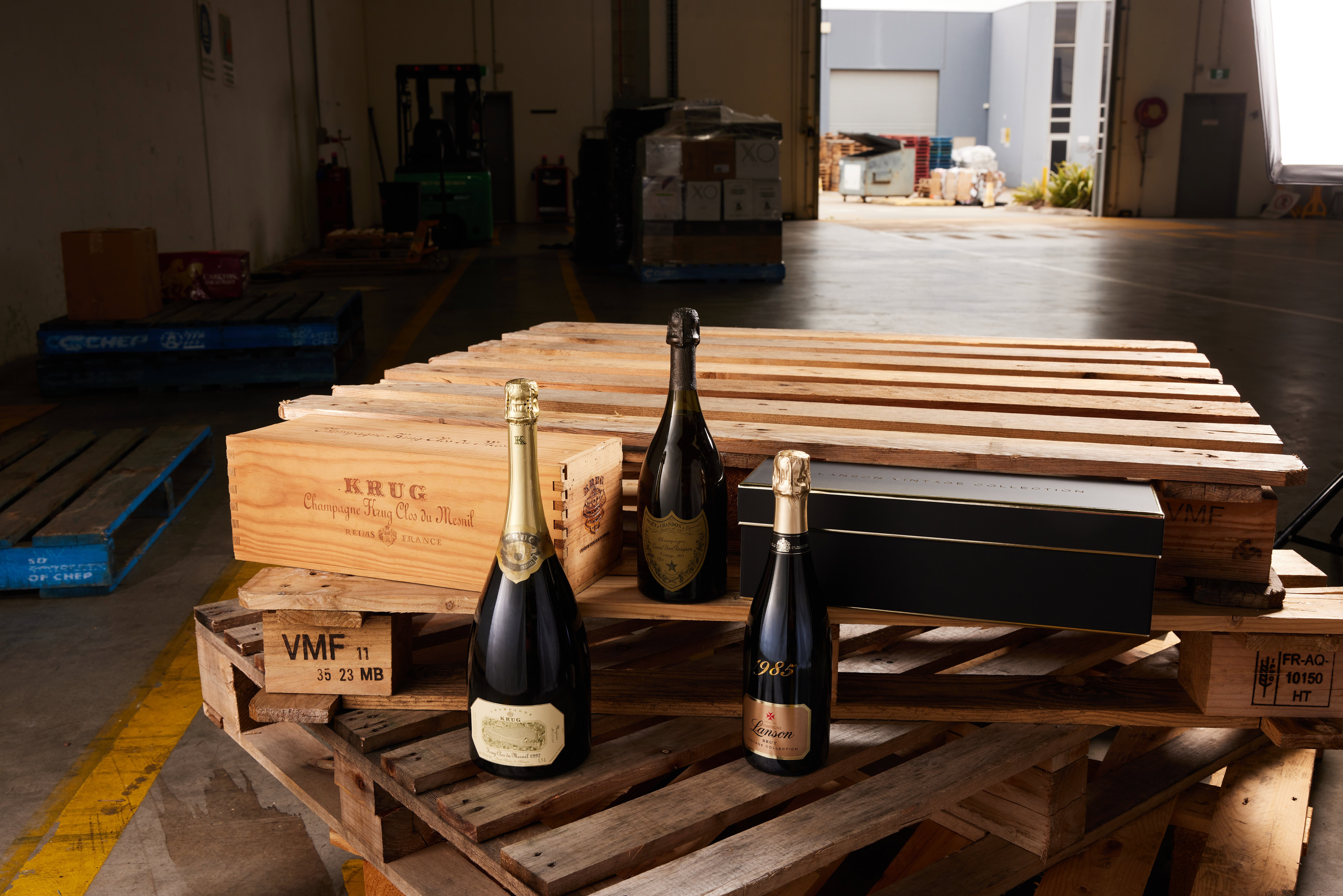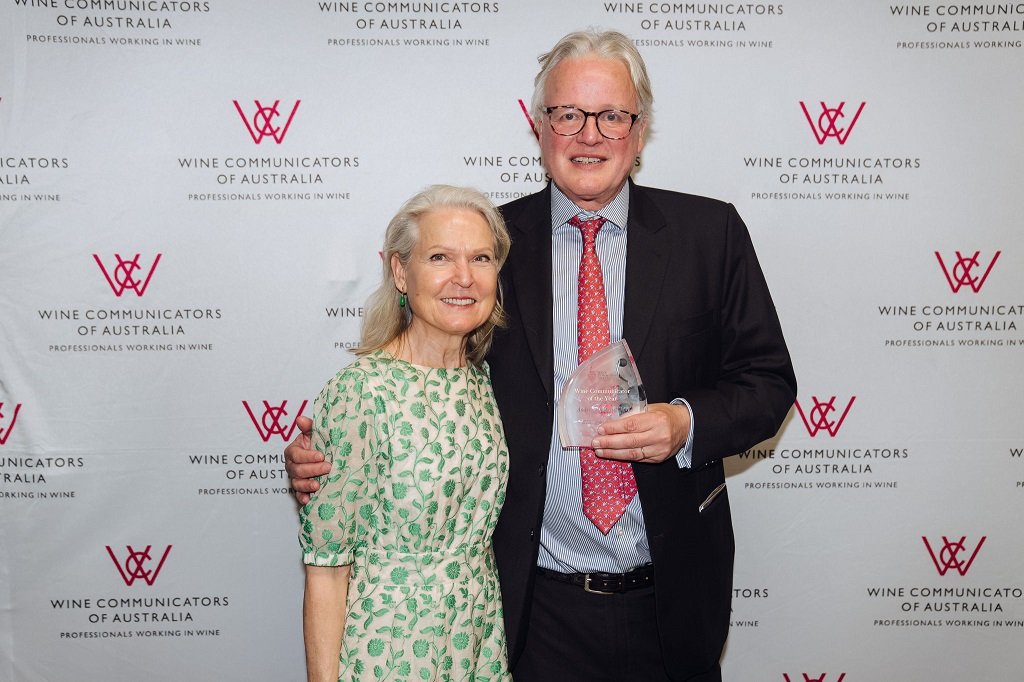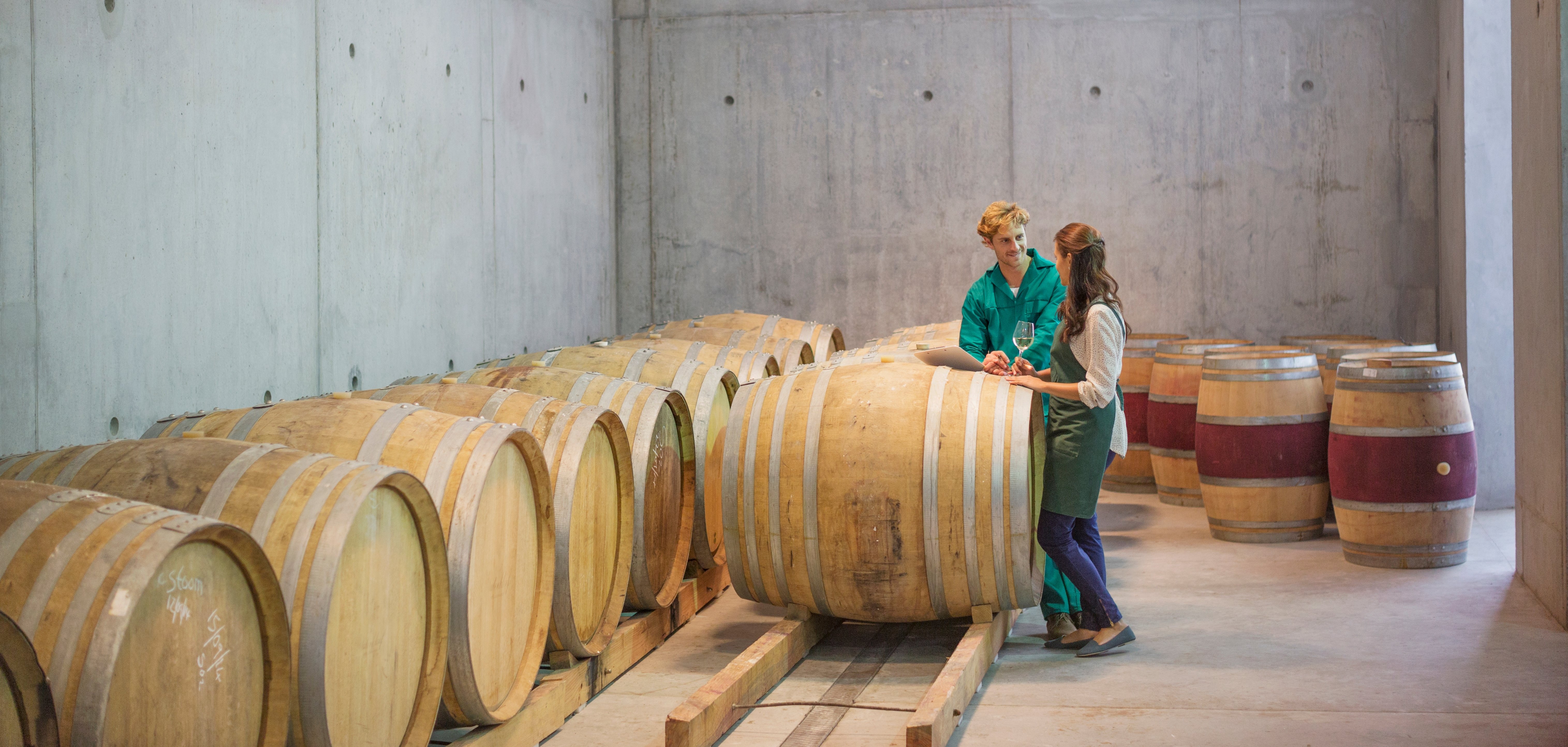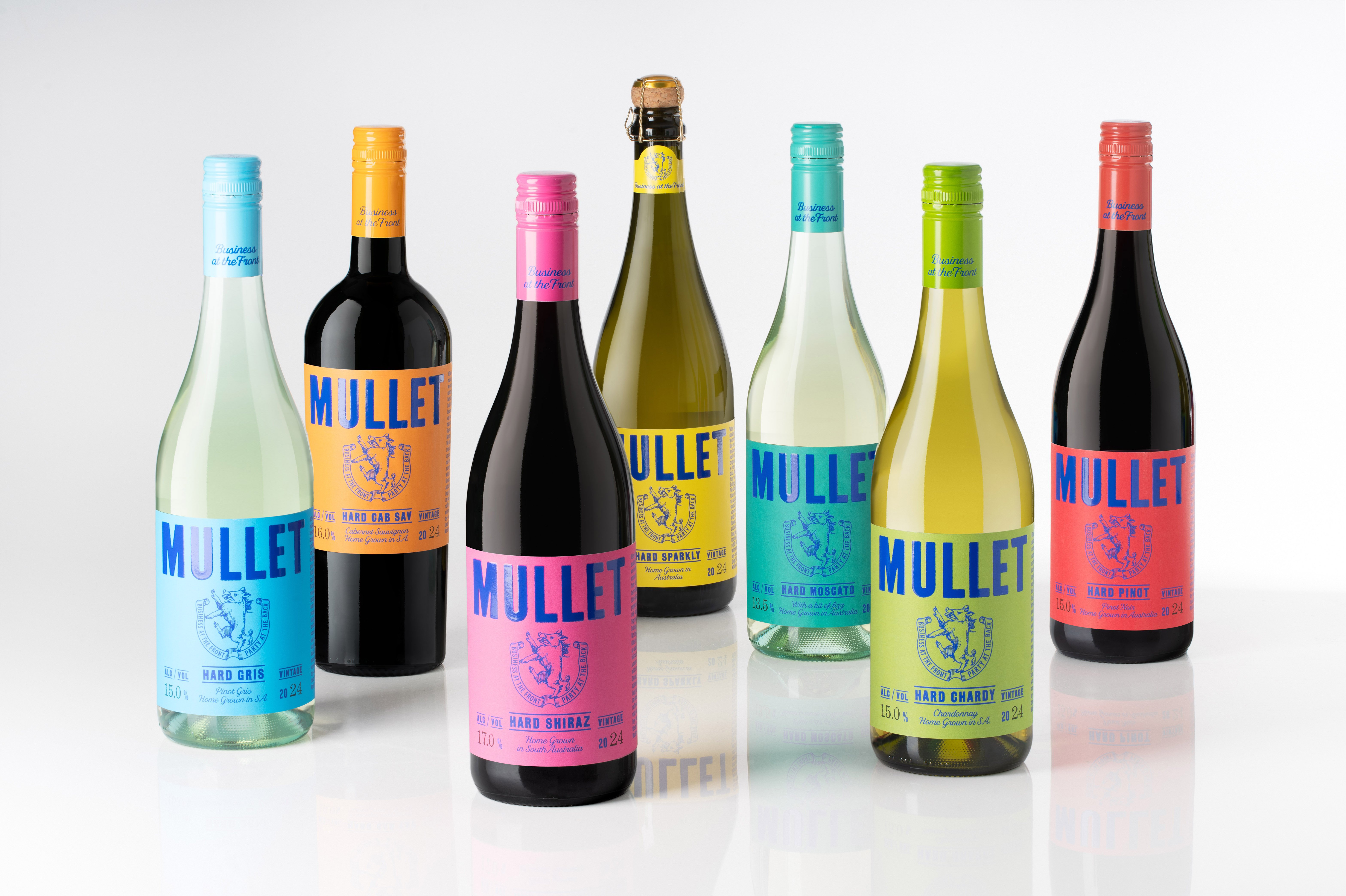Australia's dispute with China has been tabled at the World Trade Organisation over tariffs that have led to a 77 per cent decline in exports to the nation, dropping in value from $1.2b to $274 million.
The dispute settlement panel is the next step in the process to address China's anti-dumping duties imposed by on Australian wine.
The office for the Ministers of Trade, Dan Tehan, said, "Australia will continue to use the WTO dispute settlement system to vigorously defend the interests of Australian wine producers and exporters.
"Australia remains open to further discussions with China to resolve this issue."
While it is an important step in the process, Australian Grape and Wine's Chief Executive Tony Battaglene does not anticipated that it will lead to an immediate resolution.
"It is not expected that this will make any difference. That will not happen until the political relationship improves," said Mr Battaglene.
Australia's statement on China's Trade Policy Review at the WTO asserts: "China has increasingly tested global trade rules and norms by engaging in practices that are inconsistent with its WTO commitments.
"By undermining agreed trade rules China also undermines the multilateral trading system on which all WTO members rely."
With the dispute not expected to be resolved any time soon, Australian Grape & Wine continues to explore opportunities in other export markets and has engaged industry experts Paul Henry and Andrew Stark to lead marketing component of the Agricultural Trade and Market Access Cooperation (ATMAC) grants program.
Working with Austrade, Wine Australia and the industry, Mr Henry and Mr Stark will create a strategic marketing framework and undertake two pilot market activations in key developing markets: Japan and Korea.
The objective is to develop a marketing and promotional strategy for new markets that maximises AGW's current resources and expertise to 'move the export dial' says Australian Grape & Wine Chief Executive, Mr Tony Battaglene.
“Our best opportunity to mitigate the impacts of the trade disruptions with China is to diversify our exports across a more diverse range of markets, and we’re delighted that the Australian Government, through the ATMAC program, has provided $998,000 to Australian Grape & Wine to help do just that," said Mr Battaglene.
AGW predict that "following on from the big vintage in 2021 and the closure of the Chinese export market, it is likely that real price pressure on grapes will be felt in 2022. Large increases in shipping costs and decreases in availability of services is also causing significant problems for a number of Australian wine exporters and is likely to exacerbate the difficulty in increasing exports and diversifying markets."
The Agricultural Trade and Market Access Cooperation (AMTAC) grants program is also providing valuable
resources to help access the United States market for new exporters and develop meaningful reduction in technical market access barriers across the world.
Mr Battaglene said, "It doesn’t matter if you are a grape grower or a winemaker, whether you sell from your cellar door or domestically to a retailer, or export, if we can sell more wine at higher prices around the world, this program will benefit the whole sector.”
Share the content
